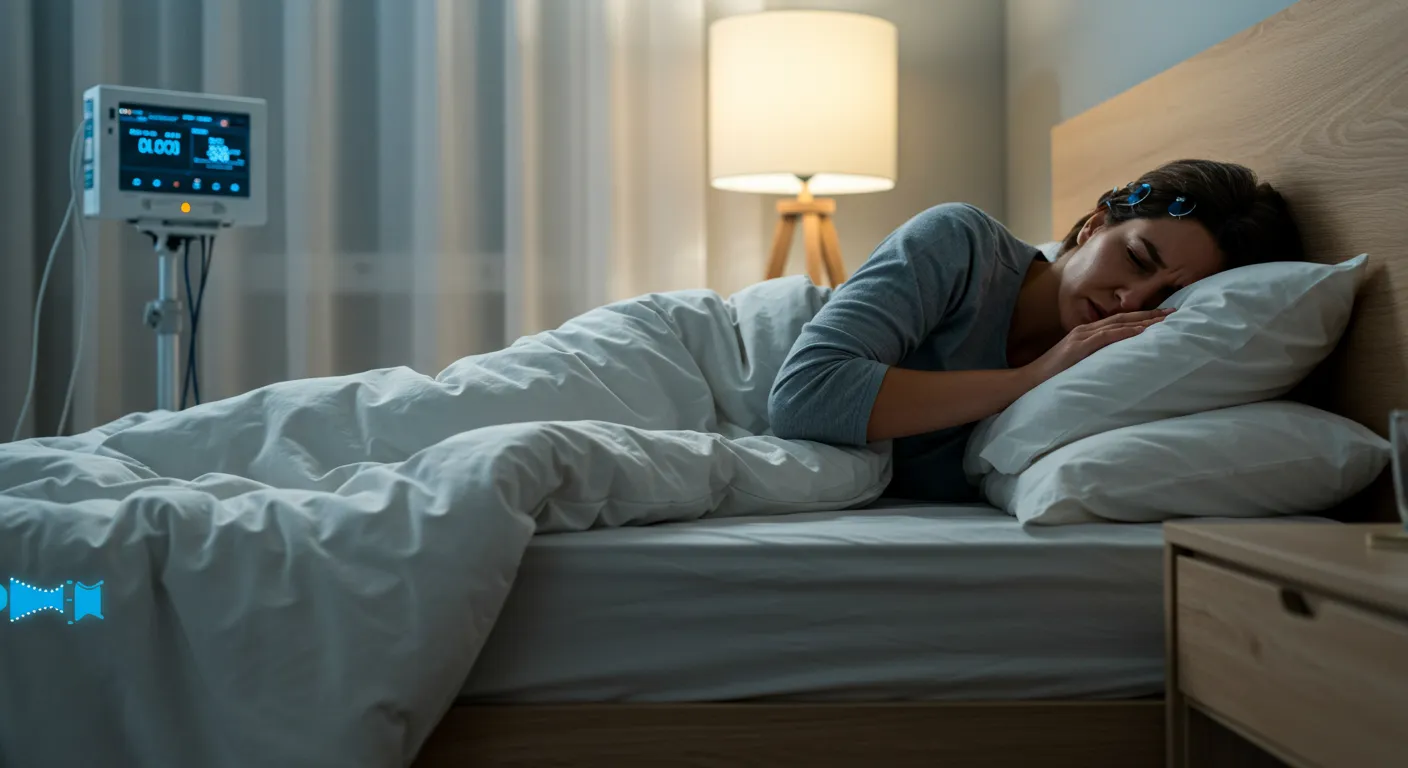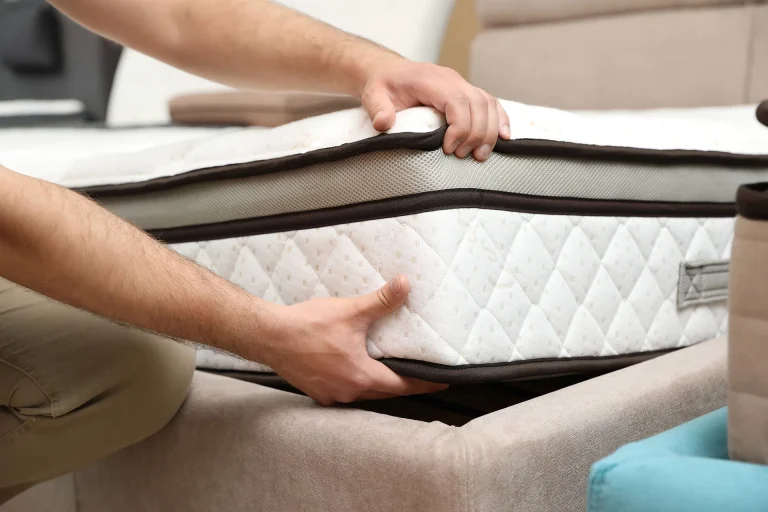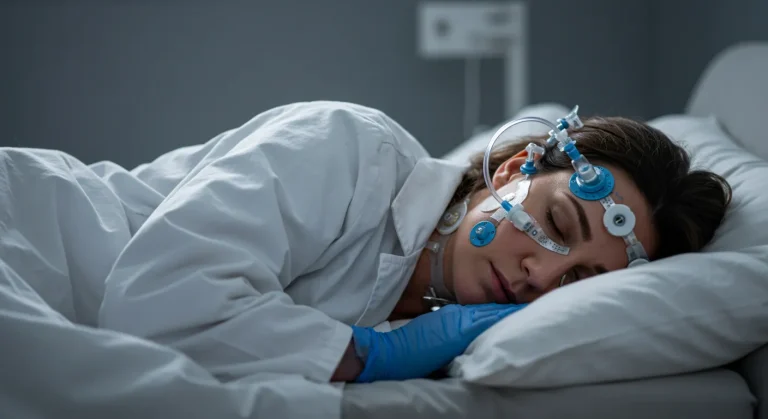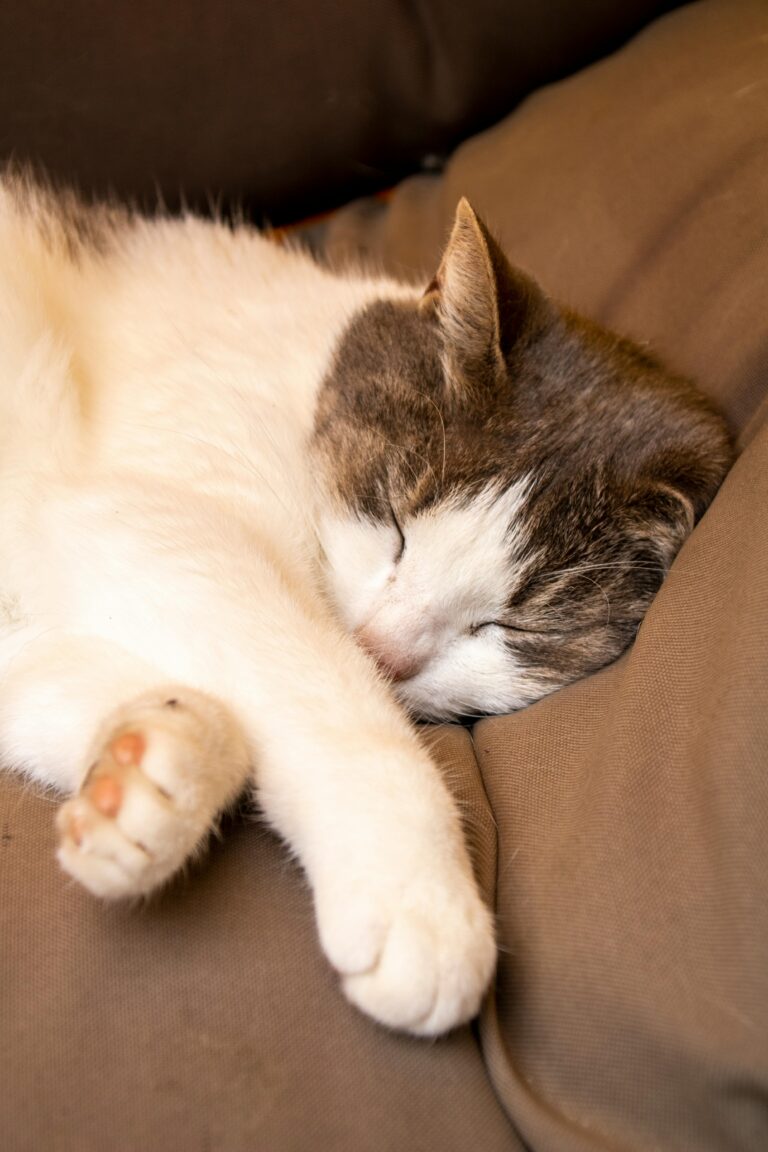Restless Leg Syndrome and Sleep Studies: What You Need to Know

Restless Leg Syndrome (RLS) is a neurological disorder characterized by an uncontrollable urge to move the legs, often accompanied by uncomfortable sensations. These symptoms typically worsen during periods of rest, particularly in the evening or nighttime, making it difficult to fall asleep or stay asleep.
Symptoms of RLS
- Uncomfortable tingling, itching, or crawling sensations in the legs
- An overwhelming urge to move the legs to relieve discomfort
- Symptoms that intensify at night and interfere with sleep
- Temporary relief from movement but recurring symptoms when at rest
At Vector Sleep Clinic, we understand the frustration and exhaustion that RLS can cause. Identifying the root cause of your sleep disruptions through a comprehensive sleep study can be the key to finding relief.
The Link Between RLS and Sleep Disruptions
Sleep is crucial for overall well-being, yet individuals with RLS often struggle with chronic sleep deprivation. The repeated urge to move the legs prevents the brain from entering deep, restorative sleep, leading to:
- Daytime fatigue
- Reduced concentration and memory issues
- Increased risk of anxiety and depression
- Higher likelihood of developing chronic conditions such as cardiovascular disease
When the body lacks sufficient restorative sleep, the immune system weakens, cognitive function declines, and overall quality of life deteriorates. For those with RLS, a sleep study at Vector Sleep Clinic can provide critical insights into how their symptoms are impacting their sleep cycle and overall health.
How Sleep Studies Can Diagnose RLS
A sleep study, or polysomnography, is an overnight test conducted in a controlled sleep center like Vector Sleep Clinic. During the study, we monitor various physiological functions, including:
- Leg movements and muscle activity
- Brain wave patterns
- Breathing and oxygen levels
- Heart rate and blood pressure
By analyzing these metrics, we can identify the frequency and severity of Periodic Limb Movements (PLMs), which often accompany RLS, and assess how they affect your overall sleep architecture. PLMs are involuntary movements that disrupt sleep cycles and are commonly associated with RLS.
Do You Need a Sleep Study for RLS?
If you answer yes to any of these questions, a sleep study may be beneficial:
- Do you experience frequent leg discomfort at night?
- Do you find yourself tossing and turning due to an uncontrollable urge to move your legs?
- Do you wake up feeling unrefreshed despite spending sufficient time in bed?
- Has a bed partner noticed repetitive leg movements while you sleep?
A proper diagnosis is the first step toward effective management, and Vector Sleep Clinic is here to guide you through the process.
The Science Behind RLS and Sleep Disruptions
RLS is linked to abnormalities in the dopamine system, a neurotransmitter responsible for regulating movement. Dopamine dysfunction can lead to excessive neuronal excitability, causing the characteristic sensations of RLS. Additionally, individuals with iron deficiencies may be more prone to RLS since iron plays a vital role in dopamine production.
Furthermore, research indicates that chronic sleep deprivation caused by RLS can elevate stress hormone levels, leading to a vicious cycle of anxiety, fatigue, and worsening symptoms. By undergoing a polysomnography test, patients can receive a detailed analysis of their sleep patterns and explore treatment options tailored to their condition.
Treatment Options for RLS and Sleep Improvement
Once diagnosed, various treatments can help manage RLS and improve sleep quality.
Lifestyle and Home Remedies
- Improve Sleep Hygiene: Maintain a consistent sleep schedule and create a relaxing bedtime routine.
- Increase Iron Levels: Low iron levels are linked to RLS; your doctor may recommend supplements if needed.
- Exercise Regularly: Light to moderate exercise can help reduce symptoms.
- Reduce Caffeine and Alcohol: Stimulants can worsen symptoms, so cutting back may provide relief.
- Massage and Warm Baths: Massaging the legs or taking a warm bath before bed can help alleviate discomfort.
- Maintain a Balanced Diet: A diet rich in vitamins and minerals supports neurological function and may reduce RLS symptoms.
- Use Heat or Cold Therapy: Some individuals find relief by applying hot or cold compresses to their legs.
Medical Treatments
- Medications: Dopamine agonists, anticonvulsants, and muscle relaxants may be prescribed to manage symptoms.
- Compression Devices: Some individuals find relief using devices that apply pressure to the legs.
- Sleep Therapy: Addressing co-existing sleep disorders such as insomnia or sleep apnea can improve overall rest.
- Iron Supplements: If lab tests show iron deficiency, supplementation may help alleviate symptoms.
At Vector Sleep Clinic, our specialists provide personalized treatment plans based on your sleep study results, ensuring the best possible outcomes.
Ready to Sleep Better? Contact Vector Sleep Clinic Today
If you’re struggling with restless legs and sleepless nights, Vector Sleep Clinic is here to help. Our team of sleep specialists is dedicated to finding the best solutions for you.
- Call us at: +1 718-830-2800
- Email: vectorsleep@gmail.com
- Visit us online: Vector Sleep Clinic
Take the first step toward better sleep today!
Have More Questions? We’ve Got Answers
Can RLS be cured?
While there is no permanent cure, effective treatments can significantly reduce symptoms and improve sleep quality.
How do I know if I have RLS or another sleep disorder?
A sleep study can differentiate between RLS and conditions like sleep apnea or insomnia. Contact Vector Sleep Clinic for an evaluation.
Is RLS more common in certain individuals?
RLS is more prevalent in individuals with a family history, pregnant women, and those with iron deficiencies. Certain medications, such as antihistamines and antidepressants, may also worsen symptoms.
Can stress and anxiety worsen RLS symptoms?
Yes, stress and anxiety can intensify RLS symptoms. Practicing relaxation techniques, such as meditation and deep breathing exercises, may help.
What happens during a sleep study?
During a sleep study at Vector Sleep Clinic, you’ll sleep in a comfortable setting while our experts monitor your movements and vital signs to analyze your sleep patterns.
How does RLS impact long-term health?
Chronic sleep deprivation due to RLS can increase the risk of hypertension, cardiovascular disease, and cognitive decline. Seeking treatment early can help prevent these complications.
Can children have RLS?
Yes, RLS can affect children, though it is often misdiagnosed as growing pains or hyperactivity. If a child displays signs of RLS, a pediatric sleep study may be recommended.
Are there natural remedies for RLS?
Some individuals find relief through natural remedies such as magnesium supplements, acupuncture, and herbal teas.





